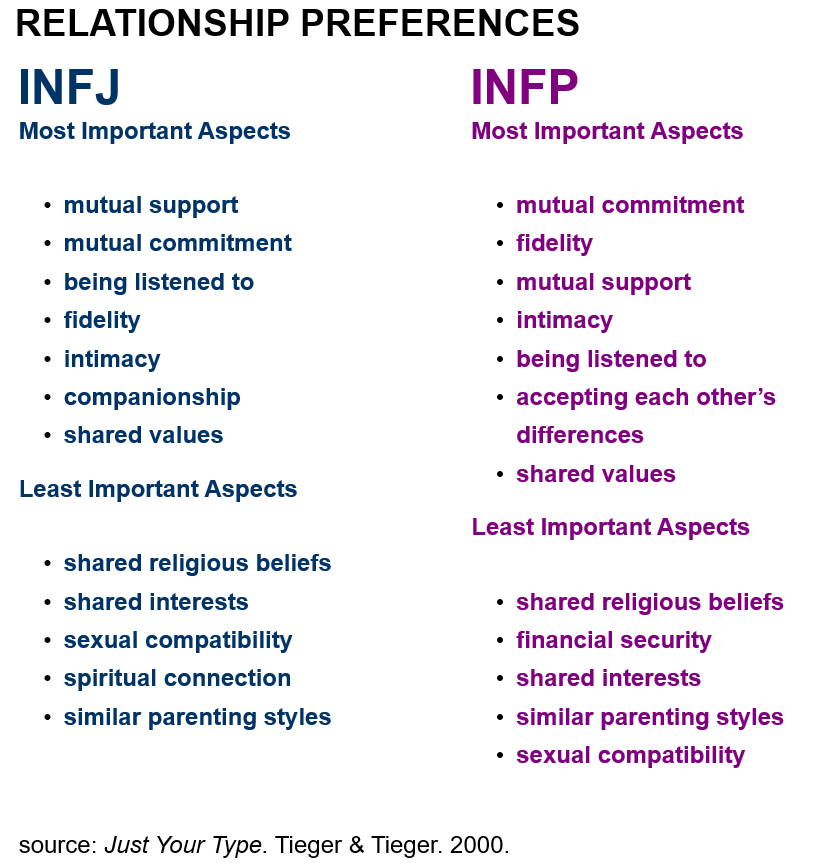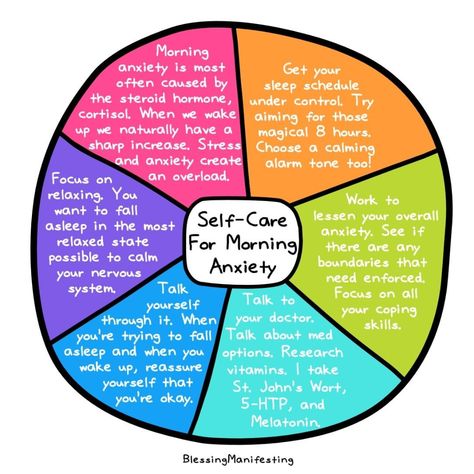Signs of being in a manipulative relationship
6 Signs of Manipulation in Relationships
Are you feeling confused or guilty and not sure why? You could be sensing manipulation. Identifying the signs can help.
Emotional manipulation in relationships can be difficult to recognize.
Some manipulation tactics can be so subtle that you may end up constantly examining your own behavior rather than the other person’s.
Being on the receiving end of manipulation tactics in a relationship can have an impact on your mental health. But by learning to identify the signs, you can protect yourself and act on the situation.
Psychological manipulation often refers to words, omissions, and actions that attempt to control how another person feels, thinks, and behaves. This may affect their perspective of themselves, the relationship, and the world in general.
Persistent manipulation in relationships can affect your self-esteem and may cause you to experience symptoms of anxiety or depression.
Manipulation isn’t exclusive to family and romantic relationships. It can also turn up in friendships and even work-related relationships.
Manipulation can also happen on a large scale through media coverage, advertising, or political campaigns.
There are several signs to look out for that may indicate you’re experiencing manipulation in your relationship.
1. You try to ignore your gut
The first red flag may be that gut feeling that something isn’t right or that you persistently end up doing things you don’t want to. You may ignore this feeling and try to convince yourself that everything’s OK.
The phrase “trust your gut” is particularly useful when you think you might be experiencing manipulation.
For example, say you’re upset because it seems that your partner is always on their phone during your dates. You bring it up with them, but you notice that they get really mad, really quick.
The conversation then turns to how you seem to have ruined your special date by causing an argument. So, you forget about what you wanted to say and try to appease them instead.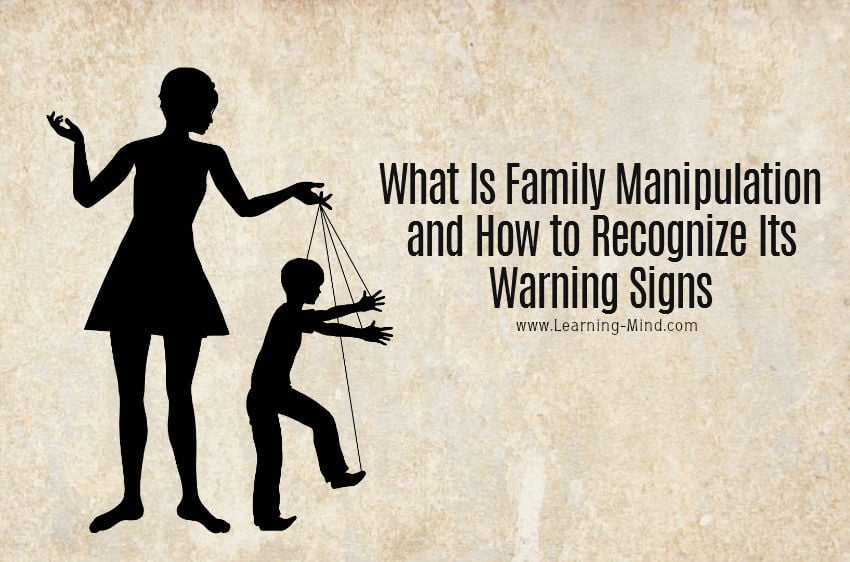 Meanwhile, your partner checks their phone again.
Meanwhile, your partner checks their phone again.
“What just happened?” you ask yourself, but brush it off because you don’t want to create more friction.
2. You wonder: Is it you?
If you’re starting to doubt yourself and your own motives, you may be on the receiving end of a manipulation tactic.
Maybe you were once confident in your ability to handle a particular situation, and now you’re beginning to question your capabilities. You may even question whether you’re “the problem” in the relationship.
For example, you try telling your partner again how you feel about them spending so much time on their phone. But they say that you do it too and that you’re always trying to find a reason to fight.
You don’t feel this is actually the case, but after the third time you hear this argument, you wonder if the problem is you’re not letting go of the small things. Maybe you could just “chill” and enjoy the evening.
3. You feel guilty
A common sign that someone may be emotionally manipulating you may be that you’ve started to feel guilty or embarrassed for acting in certain ways in the relationship.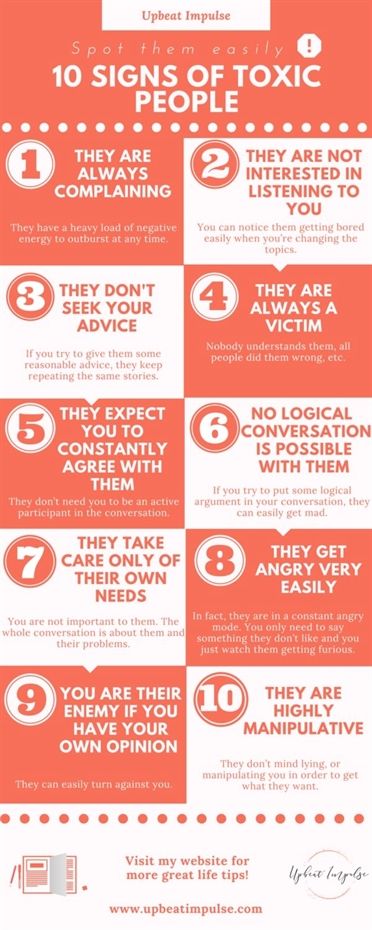
For example, you work two jobs and hardly have time for yourself. Then comes your first day off in months, and you decide to spend it at home, in your PJs, watching TV.
When you tell this to your mother, you notice she seems upset. When you ask her what’s wrong, she tells you she can’t believe you’re not coming to visit her on your day off. You suddenly feel so guilty that you end up spending your day helping her around her home.
Although this scenario can play this way for many different reasons, it’s a red flag if you persistently feel guilty for not saying or doing what you want to.
The manipulator is expressing displeasure about something you say or do, particularly when you attempt to establish boundaries. Then, you end up giving in to make the other person happy and relieve your guilt.
4. Your sense of self is blurred
A common sign of manipulation in relationships is when you start losing a sense of who you are after following someone else’s overt or covert demands to give up your opinions and interests.
In some romantic couples, one partner may adopt the other person’s lifestyle and interests to avoid conflict, for example.
It may be that your partner persistently avoids spending time with your friends and family or doing things that you enjoy. If you want to spend time with them, you seem to have to do what they want.
In family relationships, it may be that you don’t feel you can fully express who you are as a person as well as your life choices, and you may act differently when you’re around them.
5. You walk on eggshells
Perhaps you think of fear as an intense emotion or reaction to a threat. But fear can also manifest as a hesitation to act or say certain things in order to avoid conflict or friction.
You may not even be aware of how you feel — you just automatically avoid certain topics or actions.
Some people may use anger as a manipulation tactic. Their outbursts can get other people to back off or change their behavior to avoid the reaction.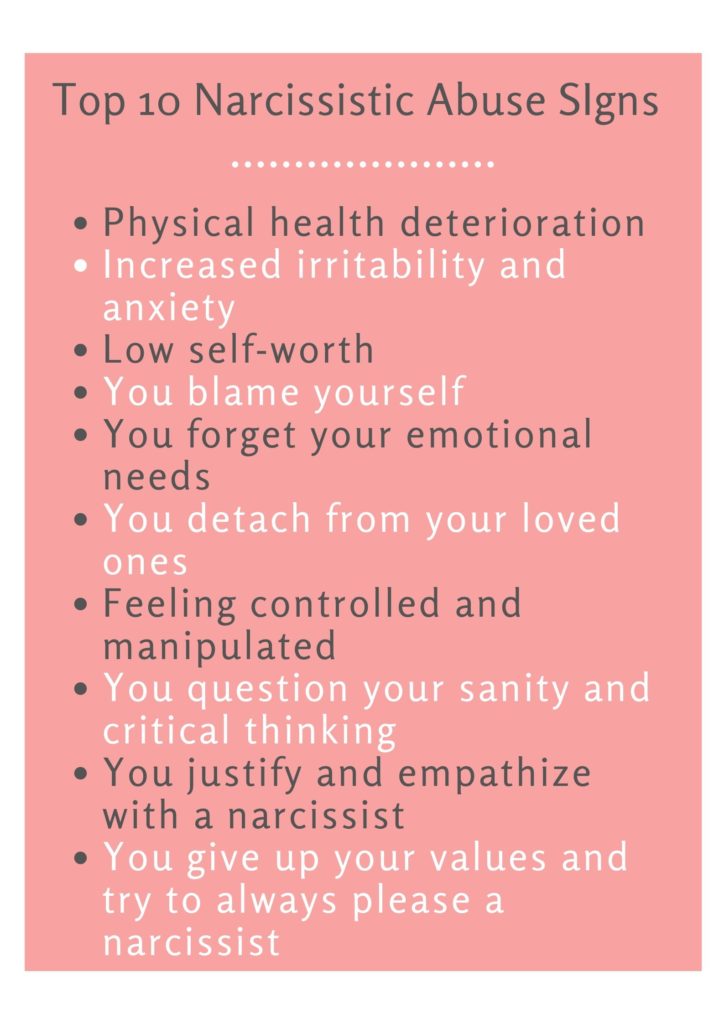
You may see this dynamic when a parent warns their child not to do something or else the other parent may get mad.
As an adult, you may also become hyperaware of your behaviors or experience signs of anxiety without a clear trigger. You could think about every decision in terms of, “What will the other person do?”
For example, you may want to go to your friend’s birthday party, but you know your partner doesn’t like them. Last time you spent time with your friend, your partner didn’t speak to you for hours.
This time, you think about it twice before accepting the invitation, anticipating that you may have to deal with your partner’s displeasure if you do.
6. You begin to question your mental health
Not only can manipulation cause stress and anxiety, but it can also make you feel confused and insecure about your behaviors and emotions.
You may begin to wonder if your reactions are symptoms of mental health conditions.
Manipulation tactics like gaslighting are most often the cause of these feelings.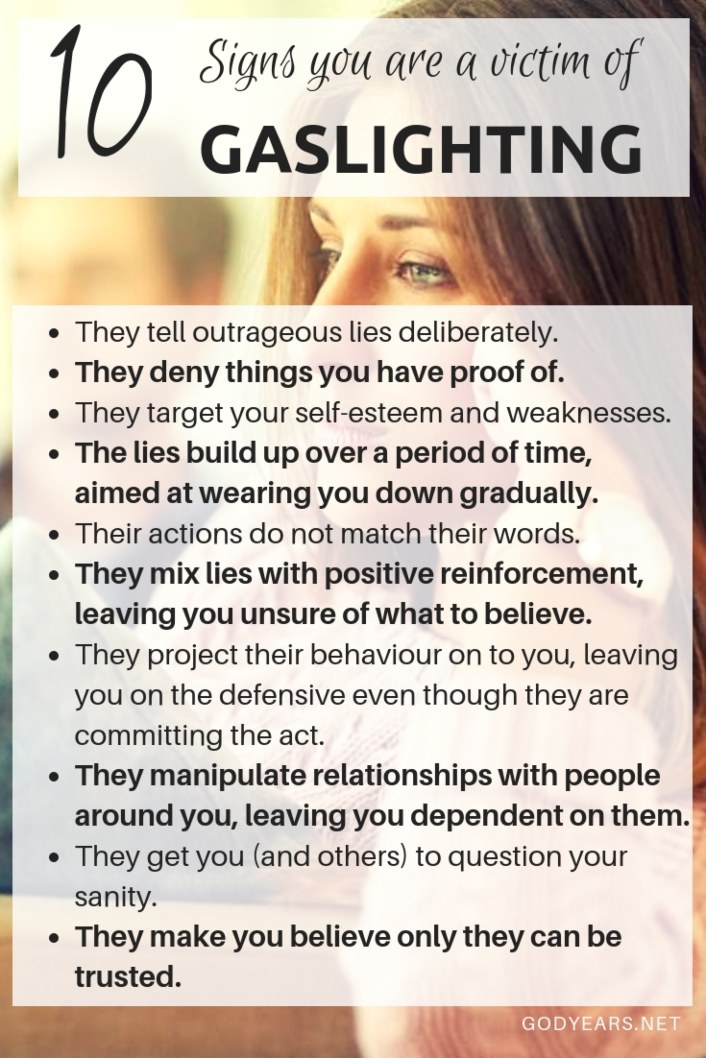
For example, you’re discussing your next vacation with your partner, and they ask why you’re not considering Cancun.
You remind them that when they visited last time, they say they had a terrible time. They reply, “I never said such a thing! You imagined it.”
You’re convinced they did complain several times and said they wouldn’t return to this place. But maybe you did imagine it? After all, according to your partner, it seems to happen to you often.
When someone constantly gaslights you, you start to question your memory and well-being to the point that you’re not sure whether certain things happened at all. “Curiously” enough, it only seems to happen to you around this person.
There are different types of manipulation. Three of the most common ones are:
- Guilt induction. The person manipulating you may imply something negative has happened to you because of someone else, or or they may play on your insecurities to make you feel guilty.
 This includes playing the victim.
This includes playing the victim. - Ingratiation. They may deliberately establish themselves in your good graces to get something from you or to get ahead.
- Deceit. They may be dishonest by misrepresenting or hiding the truth.
But manipulation in relationships can also come in other packages that may not be as straightforward or easy to identify.
Other manipulation techniques may include:
- Love-bombing. They may give you intense and persistent attention and affection to quickly create emotional interest and dependency.
- Gaslighting. They may dismiss you to make you doubt and question yourself.
- Passive-aggressive behavior. They might make sarcastic comments or jokes that can be later dismissed with “I was just joking” or “You take everything too personally.”
- Triangulation. They might bring another person into the mix to justify an opinion or make you feel insecure.
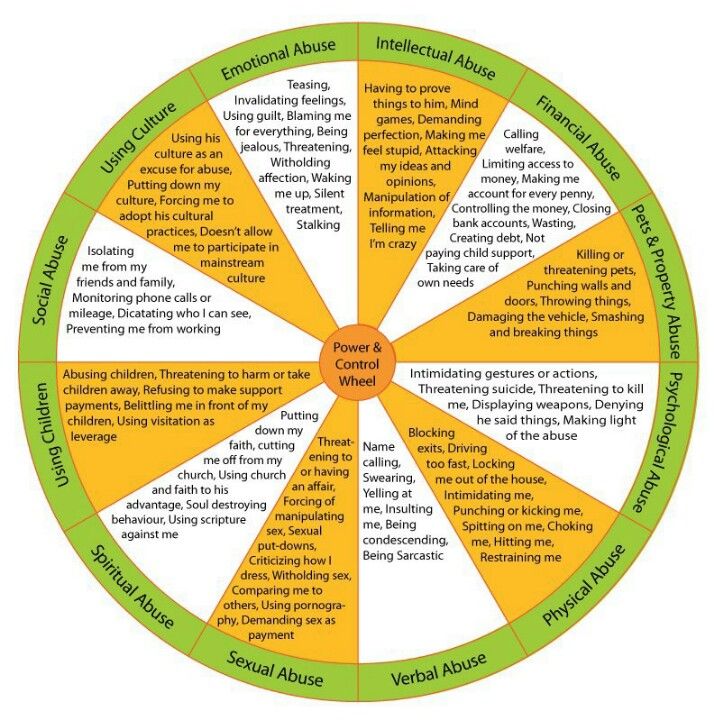
- Covert or overt threats. They may want to instill fear in you with certain comments or behaviors.
- Silent treatment. They may ignore you or cease talking to you as a form of emotional punishment.
Not everyone who manipulates is actually aware they do. They may think that’s how relationships work or even believe you manipulate them too and they need to respond.
In some instances, they may be aware of their actions but not of how they affect you.
Then, there are those who play manipulation games, knowing full well what they’re doing and what impact these actions have on others.
This doesn’t necessarily make them the “bad guy.” Instead, it may indicate that they’re living with a mental health condition that could require professional support.
Although research suggests that most people engage in some form of manipulation from time to time, people who use manipulative tactics regularly may have complex reasons for their need for control.
These reasons may include:
- having a cluster B personality disorder, such as narcissistic personality disorder (NPD) or histrionic personality disorder
- having been raised in a household where manipulation tactics were typically used
- fearing losing control or being judged
- having poor communication skills that hamper the ability to communicate needs effectively
- engaging in defense mechanisms
- having an anxious attachment style
Identifying the signs of manipulation in relationships is the first step to protecting yourself. Here are some other precautions you can take:
Be aware of your emotions as you interact with someone
Try to pay attention to how you feel around this person.
If you experience uncomfortable emotions like self-doubt, fear, or guilt, consider taking some time away from them to think clearly about what’s happening.
Keep the conversation on topic
People who use manipulation tactics often divert conversations off subject.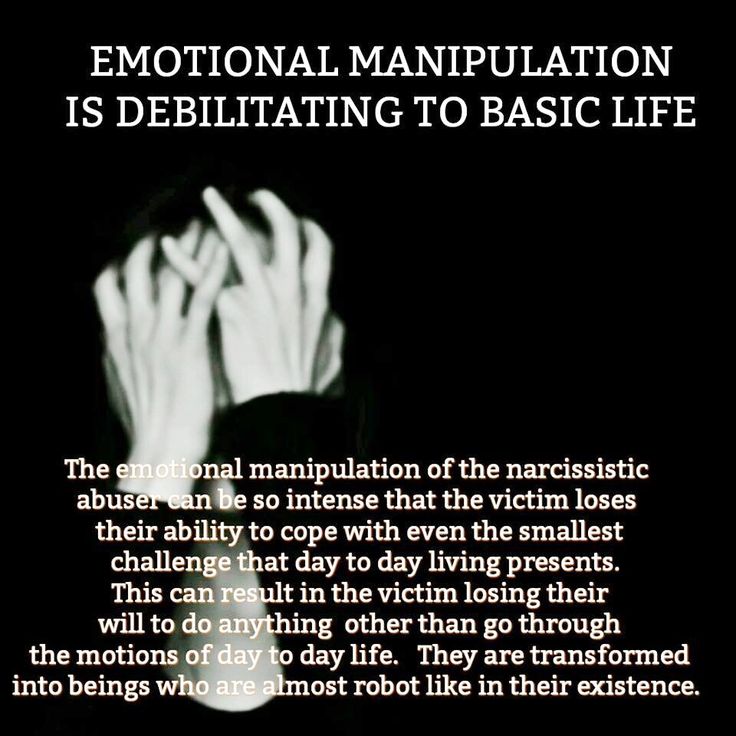 This could be to either distract you from the real issue or to further their goal of leading the interaction.
This could be to either distract you from the real issue or to further their goal of leading the interaction.
Remaining laser-focused on the topic can help prevent the conversation from going in the direction they desire.
Establish boundaries
Unclear boundaries in relationships can make it easier for manipulation to occur. It can be helpful to identify the boundaries you’d like to establish in this relationship and work towards implementing them.
Although it’s easier to establish boundaries early in a relationship, it’s never too late to consider gently yet firmly communicating what you will or won’t tolerate.
Most people can change when they decide to do so and get the support they require for this. However, when someone’s not aware of their behaviors or they don’t have the desire to change, this transition is less likely.
This is why it’s important to focus on yourself and what you want out of the relationship. The rest may not be up to you.
Although everyone occasionally uses manipulation tactics, some people use them persistently in relationships.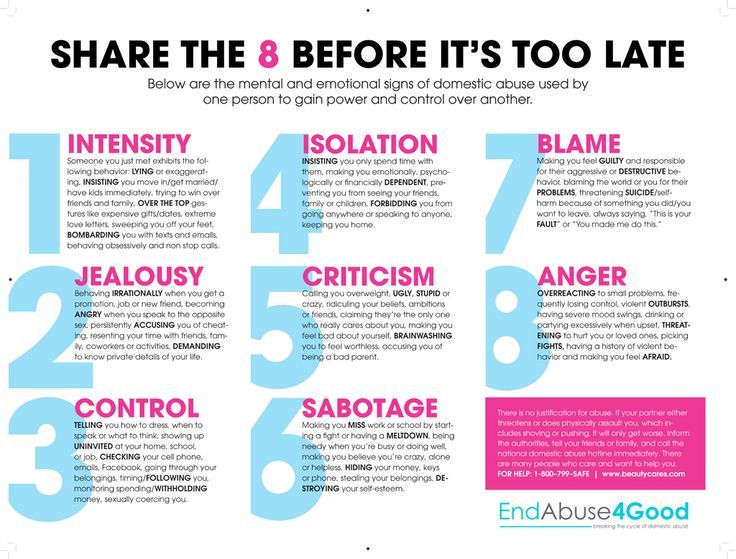
Some manipulation techniques may be harder to spot, but identifying them may help you stay protected and make decisions about your relationship.
Staying in a relationship where manipulation tactics are constantly used may have a great impact on your confidence and mental health.
Change is possible, but it’s up to the other person to initiate it. This is why it’s important to focus on yourself first and come up with ways to establish clear boundaries.
13 Signs You’re Being Manipulated In A Relationship, According To Experts
It’s really tough to spot emotional manipulation when it’s happening to you, because, well, you’re being manipulated. But if you happen to be on the outside looking in, the signs and symptoms of manipulation in relationships are often much easier to see.
Take the most recent episode of The Bachelorette, for instance. The highlight of the show was Katie Thurston’s argument with contestant Greg Grippo during their hometown date. He opened up about family, his father’s death, and how much he loves Katie. Greg admitted it was his first time sharing so much with a partner and asked her to take the opportunity to fully commit to him. When Katie hesitated, Greg got frustrated.
He opened up about family, his father’s death, and how much he loves Katie. Greg admitted it was his first time sharing so much with a partner and asked her to take the opportunity to fully commit to him. When Katie hesitated, Greg got frustrated.
Later on, the two had a conversation where Greg said Katie “fills a hole in his heart.” He continued to pressure her for a response, claimed she wasn’t listening, pointed out their “disconnect,” and — while Katie sat there crying — decided to break things off. Was this a classic case of emotional manipulation? (Half of Twitter thinks so.) Or was Greg’s reaction simply miscommunication? Whatever side you fall on, The Bachelorette has started an important conversation about relationship manipulation.
According to sex and intimacy coach Leah Carey, “Emotional manipulation is trying to get a partner to behave in the way you want them to by making them feel badly about their authentic thoughts, feelings, and actions.” It often involves things like gaslighting, threats, and dramatic displays, all of which can damage your relationship — and well-being. Here, 13 other signs of emotional manipulation to watch out for, according to experts.
Here, 13 other signs of emotional manipulation to watch out for, according to experts.
1. Your Partner Crosses Boundaries
If you set a boundary, be wary of anyone who tries to cross it. According to Carey, when you tell a partner what you are or are not OK with, it’s up to them to either say “Cool, I can live with this” or “That’s something I can’t live with, I’ll leave.” You may be able to meet halfway on certain subjects, but it should never feel like you’re being threatened or pressured into doing so.
2. They Won’t Take No For An Answer
Take note if anyone ever says they love you but then gets upset when you don’t say it back. “A declaration of love is never a requirement for the other person to respond in kind,” Carey says. “I liken telling someone you love them to giving them a gift. Hopefully, you are giving it from a place of overflow without expecting anything in return. The expectation of a similar gift in return is commerce, and requiring it for the relationship to continue is manipulation.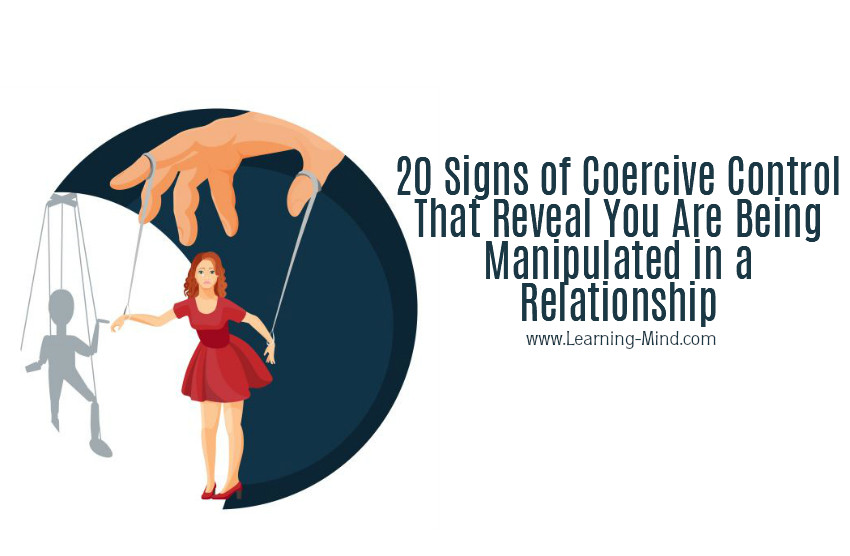 ”
”
ICF-certified life coach Katie Utterback, CLC, agrees. “Manipulators don't want you to be able to weigh all the pros and cons,” she tells Bustle. “They don't want you to think things through. They want those quick, heat-of-the-moment decisions, because that's one way they gauge how much control they have over you.”
3. They Make Dramatic Statements
Another red flag? A manipulative person will often use dramatic statements like “I thought you of all people would understand” or “You’re the only person I’ve ever loved.” If they attempt to wheedle, cry, or shame you into changing your mind, Carey says that’s a sign of emotional manipulation.
4. They “Cry” On Key
Jacqueline Vd Berg / EyeEm/EyeEm/Getty Images
The crying is a big one. According to Utterback, tears might flow during a tough conversation, but take note if your partner seems to be pushing them out. “Real tears produce snot, too,” she says. “Emotionally manipulative persons have crocodile tears and they can make their voice sound shaky, but it's all an act to get you to do what they want. ”
5. They Maintain Home Court Advantage
Manipulation is all about control, and one of the tactics used to gain control is to take a person out of their element. Think about where you live, where you hang out, whose friends you visit, and where you go on dates. Are they all your partner's favorite spots? Does it seem like you live in your partner's life, but they don't live in yours? It’s much easier to control someone when they aren’t in comfortable surroundings.
6. They Want You To Prove Your Love
Keep an eye out for partners who are constantly testing your love, possibly by starting sentences with “If you really loved me.” It could be anything from, “If you loved me you’d do the dishes” to “If you loved me, you’d have sex with me right now.” This tactic uses guilt and emotion to prod or shame you into doing something you don’t want to, or shouldn’t have to do. It's a form of manipulation no matter how innocent it sounds.
7. They Expect You To React A Certain Way
Consider how Greg hoped Katie would help carry the burden of his childhood trauma.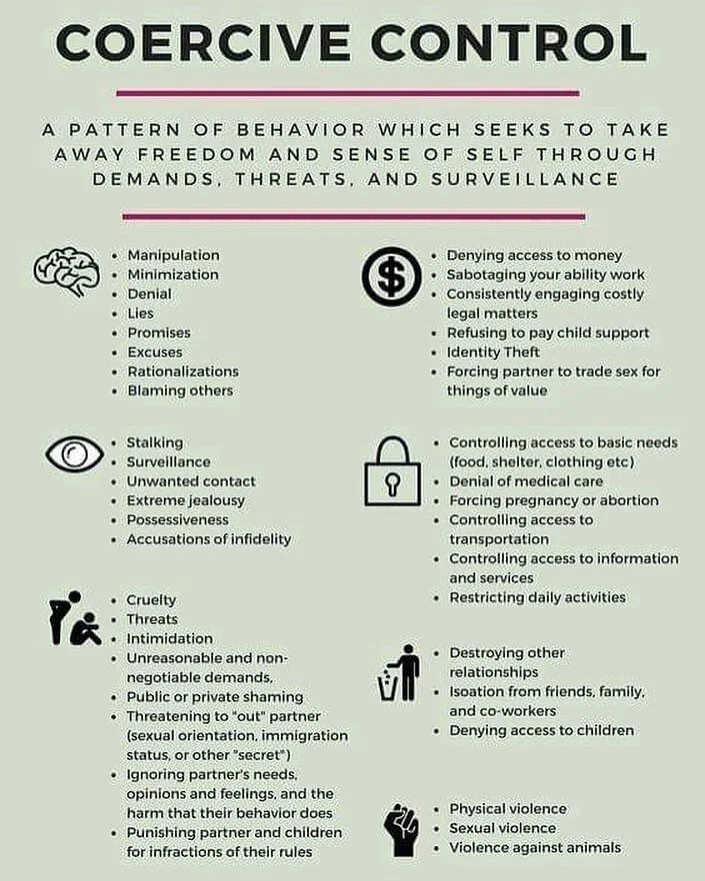 According to therapist Katie Ziskind, LMFT, it’s unfair to ask a new partner to be emotionally nurturing. It’s also unfair to expect anyone — long-term partner or not — to play the role of therapist. “You want to make sure that you will be emotionally nurtured, you need to work with a professional therapist, that you hire to listen to you and respond in a compassionate, nurturing way,” she says. “Greg is trying to get support from the wrong person who is not ready for commitment.”
According to therapist Katie Ziskind, LMFT, it’s unfair to ask a new partner to be emotionally nurturing. It’s also unfair to expect anyone — long-term partner or not — to play the role of therapist. “You want to make sure that you will be emotionally nurtured, you need to work with a professional therapist, that you hire to listen to you and respond in a compassionate, nurturing way,” she says. “Greg is trying to get support from the wrong person who is not ready for commitment.”
8. They Use Emotional Blackmail
urbazon/E+/Getty Images
Emotional blackmail is ugly. “A partner will try to make you feel fear, obligation, or guilt for your boundaries or decisions,” Utterback says. They also might hang something over your head — like a conversation or secret you shared — as a way of scaring you into doing things their way. “All of this is a red flag.”
9. They Play The Victim
Let’s paint a scenario: You and your partner get into a fight. No matter who was in the wrong, what was said, or what actually went down, your partner is just heartbroken and “can't believe you'd hurt them like that ” — even if your partner was actually the one who did something wrong. It's a way to make you feel like you're a bad, unworthy partner — and for them to avoid taking responsibility for their own actions.
10. Gaslighting
According to Rachel DeAlto, the chief dating expert at Match, gaslighting is when a person attempts to twist reality so you second-guess yourself. Their goal is to make it seem as if you misunderstood or misremembered, which “allows them to get away with something that would otherwise be inappropriate,” she tells Bustle. It’s also a weird, controlling way to get you to stay in the relationship because you’ll start to think it isn’t so bad, or that their mistreatment is “all in your head.”
11. Convenient Neediness
When things don't go your partner's way, do they say they are sick or weak or in need of care and support? This can be actually a form of manipulation. An example: Your partner doesn't want to have a serious conversation with you so they suddenly feel faint. Since they’re “sick,” they magically get out of it.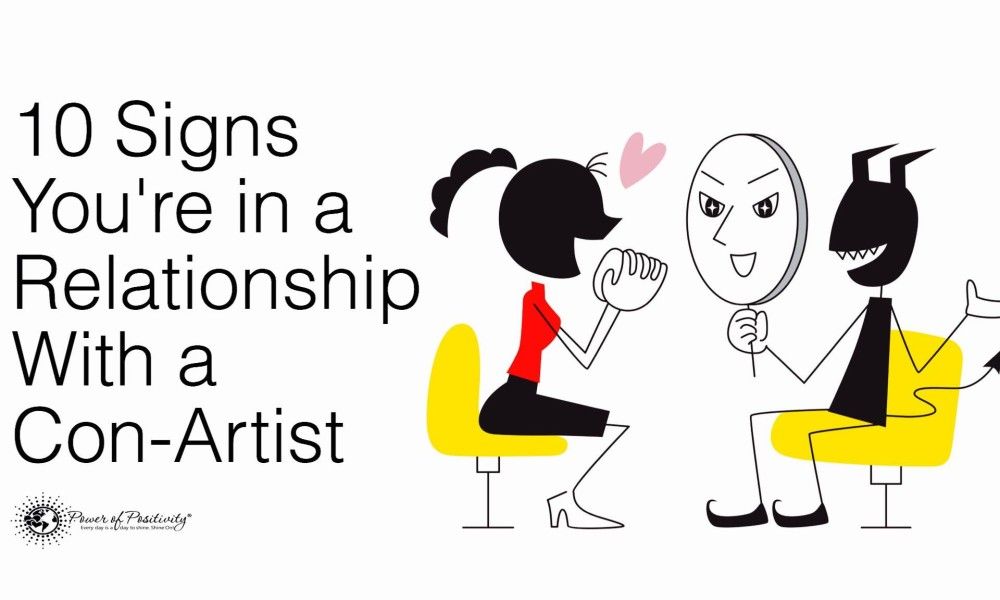
12. They “Love Bomb”
Consider it yet another red flag if it feels like your new relationship is too good to be true, which is often the case with love bombing. “Love bombing is coming on too strong too fast without the foundation of a relationship that supports it,” DeAlto says. “They are trying to make you feel like the relationship is stronger than it is.”
13. They're Always “Just Joking”
This is manipulation in two parts. The first part is the one where they say hurtful things or criticize you, but it's your fault for getting upset because they were “totally just kidding.” It doesn't matter how cruel they were, it only matters that supposedly you're too sensitive and can't take a joke.
The second part involves making jokes about you in public and in front of others. If you respond negatively in front of others, you're “making a scene” or “ruining the fun.” This is a way to get for a manipulative person to get digs in and grind you down without having to take accountability.
If you aren’t sure but feel as if you’re being manipulated, you probably are. “Trust your gut,” Utterback says. “If something feels off, [...] do what feels right for you.” The more you recognize manipulative behaviors, the more you'll be able to shut them down. If you're dealing with a serious manipulator, though, you may want to begin looking for a way to end the relationship.
Sources:
Leah Carey sex and intimacy coach
Katie Ziskind, LMFT, licensed marriage and family therapist
Rachel DeAlto, chief dating expert at Match
Katie Utterback, CLC, life coach
This article was originally published on
10 signs that your partner is a manipulator
224,125
Man and woman
1. You are gradually isolated from family and friends
— Why do you want to go to your sister? You went last week.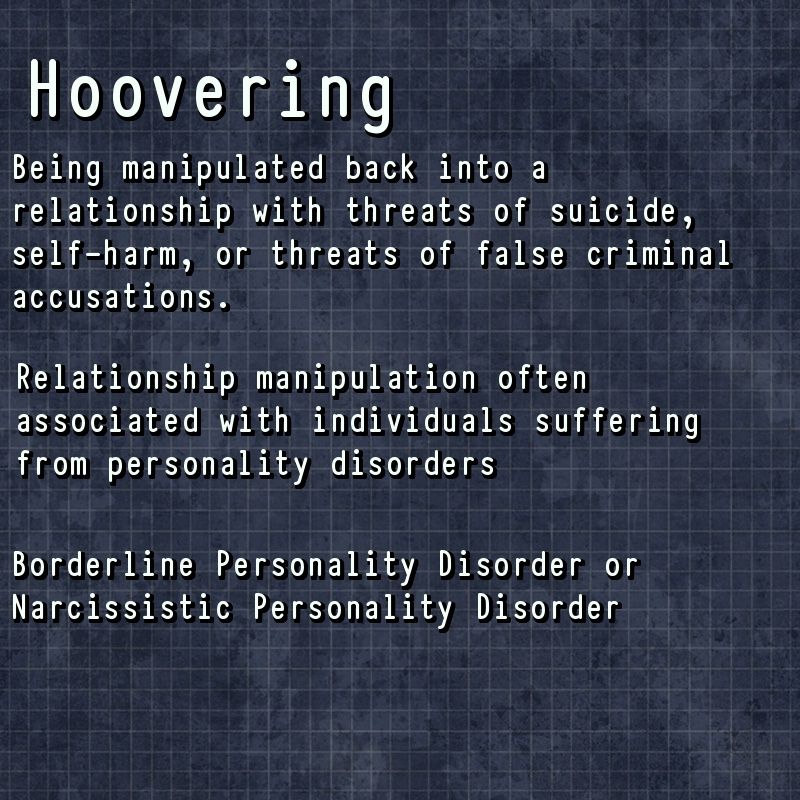
— She was never released from the hospital.
— I repeat: you have already visited her.
Or a milder version - from personal experience: “Well, why do you need to go to a reunion when I and I will be sad at home?” And it does work!
The time you spent without him is equal to a mortal sin. If you still go - no matter to friends or relatives, then, returning home, you find him in a bad mood and listen to caustic comments all evening. nine0003
This is very unexpected at first, and you are genuinely trying to cheer him up. In fact, your absence for the manipulator means a loss of attention, which should be entirely directed to his person, and a loss of control over you.
The ability to project is another hallmark of the narcissistic personality. If a narcissist and manipulator suddenly begins to suspect you of treason for no reason or reacts in some strange way to calls from your colleagues, it is very likely that this is the case. nine0003
2.
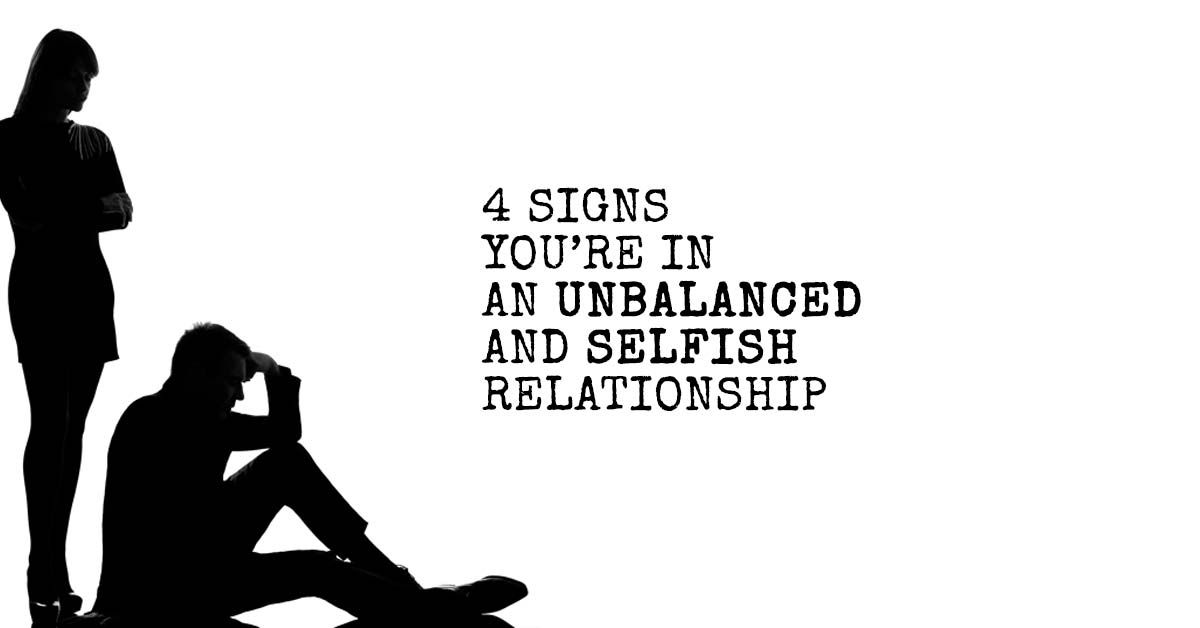 He conveys feedback about you - and they are not always real
He conveys feedback about you - and they are not always real Gradually, certain “everyone” begins to participate in your conversations: “Everyone says that you somehow looked at me strangely yesterday”, “Everyone knows that before I was a fun guy." Rest assured, this unknown character has stuck around for a long time.
It doesn't even occur to us to check whether this "collective mind" really told something about us?
In the meantime, new characters appear: his classmates who see how he has changed after meeting you, his colleague who says that she would be happy if she had such a husband... Even your friends sometimes add something to this chorus (in his retelling). nine0003
Manipulator's favorite phrase is "It's all because of you." It is not necessarily spoken but implied
Keep in mind that in reality these people may not have said anything at all. When you ask your mutual friend directly, it may well turn out that this is the case.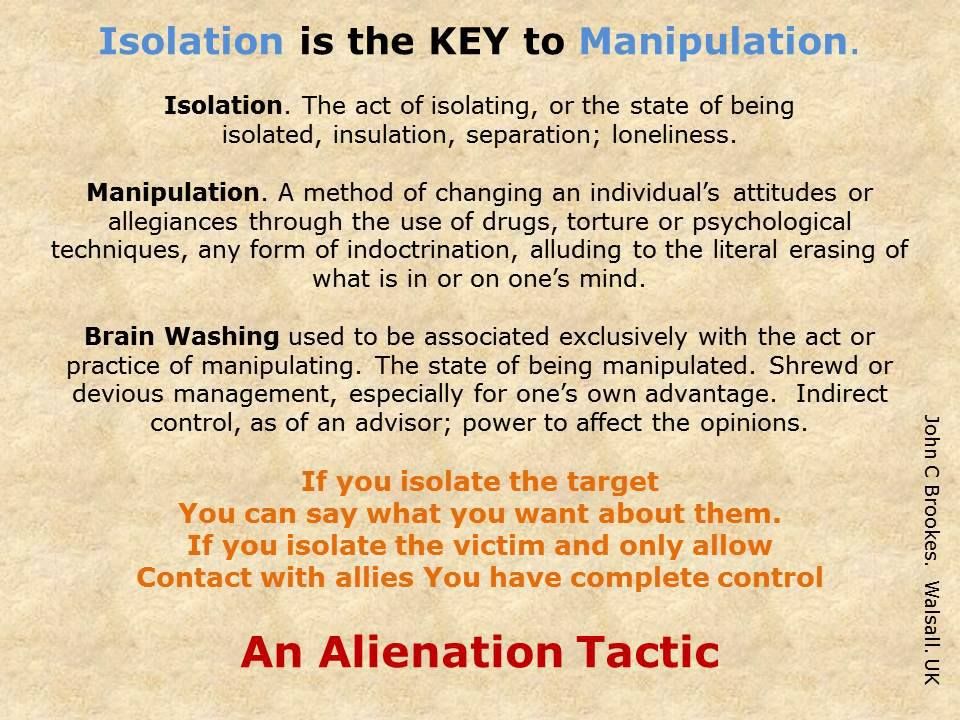 If you tell your domestic manipulator about this, you will get a great answer: “Of course no one will confess. Why did you even ask them? What nonsense."
If you tell your domestic manipulator about this, you will get a great answer: “Of course no one will confess. Why did you even ask them? What nonsense."
3. Rules are made to be followed... you
He cheated and you must forgive him. If you didn't spend so much time with your child, he wouldn't feel lonely and look for warmth and sympathy. He has needs, and you have neglected them.
If you rush to satisfy these needs, it will turn out that they are bottomless and have no specific boundaries: he needs all of you. Whatever you do, it is assumed that you have done little. Your needs will never be discussed. If you happen to smile or joke with someone, be prepared for harsh questions about your betrayal. nine0003
4. He will compete with you
You discover an amazing thing, but like any healthy person, at first you simply refuse to draw parallels between what is happening. For example, you sing well - and he suddenly interrupts you at parties and starts singing himself.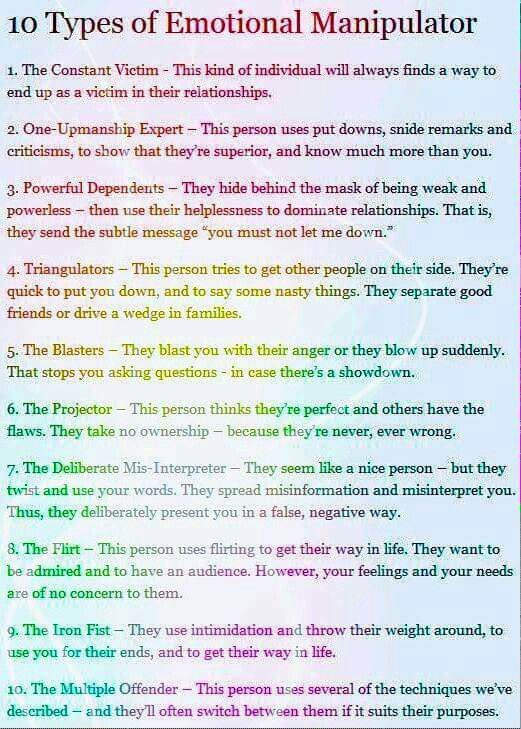 You are sick and want to lie down, but in the evening he also falls ill and asks to cook him a warm broth and bring grapes.
You are sick and want to lie down, but in the evening he also falls ill and asks to cook him a warm broth and bring grapes.
The truth is that you cannot be better (greater) than your partner in anything. You started telling something to your friends, and he says: “Not like that, let me tell you”? Here is your first call. nine0003
And no jokes about his looks! Passing by a mirror, the narcissist is convinced only that he is beautiful. If he slipped and you laughed (well, after all, we are from childhood!), you will catch his frankly evil look on you for a moment and realize that you have made a mistake again.
Robert Levine
"Mechanisms of Manipulation"
In order to collect material for this book, psychologist Robert Levin had to temporarily abandon the usual life of an armchair scientist and immerse himself in the environment of those who made deception their profession. nine0003
5. He likes to complain and seek sympathy
His sister once forgot to come to his birthday. Colleagues refused to replace him when he had to leave. In general, he is surrounded by some idiots.
Colleagues refused to replace him when he had to leave. In general, he is surrounded by some idiots.
Over time, it turns out that the sister at that moment was lying with the flu, and colleagues at work had long ago exhausted the limit of patience after he let them down several times. Of course, it is impossible to live doubting everything, but frequent complaints and the manner of an unrecognized genius should alert you. nine0003
6. He wants to “improve” you
The manipulator's favorite phrase is "It's all because of you." It is not necessarily pronounced, but it is implied very often. For example: he forgot his keys because you didn't remind him. He left for the whole weekend because he got bored.
As soon as the honeymoon (or year) ends, as it happens for all couples, emotions and delights are replaced by another, calmer phase of the relationship. Everyone goes through a grinding phase, and then - attention! - the manipulator begins to slowly look for ways to "improve" you.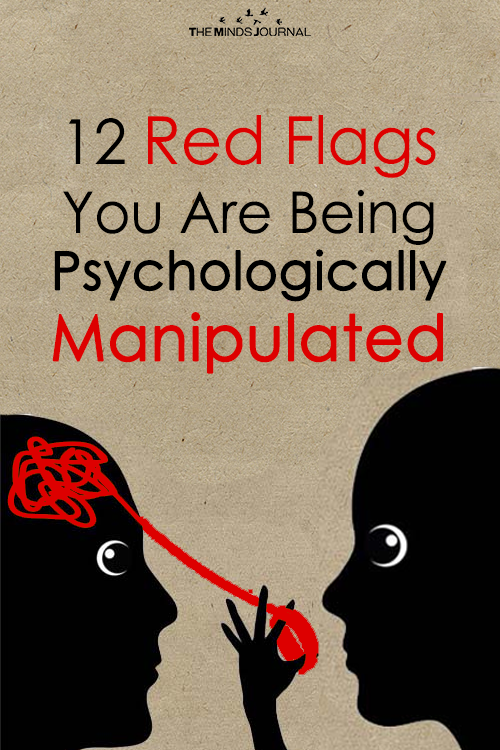 Don't miss this moment, especially if you already have low self-esteem. It starts with harmless comments - “Oh, what a funny hat”, or “What is that speck on your face?”. nine0003
Don't miss this moment, especially if you already have low self-esteem. It starts with harmless comments - “Oh, what a funny hat”, or “What is that speck on your face?”. nine0003
Gradually you develop your own style and manner of dressing with an eye to your companion. And you get his verdict: “Yeah…”
7. All his exes are monsters
Two favorite themes of the narcissist and the covert manipulator: all his “ex” turned out to be monsters and everything that happened was their fault. He suffers a lot. But he can handle it. If you ask how this happened, a detailed story will follow, by the end of which you will want to take this kitten in your arms and protect him from this cruel world. nine0003
8. He likes to punish with silence
In any healthy relationship, everyone needs time to be alone. This is simply vital for an introvert, an extrovert can take time out for a short time to think about something or “cool down” after many hours of fun. A few minutes pass, and you are again ready to see each other and communicate, as if nothing had happened.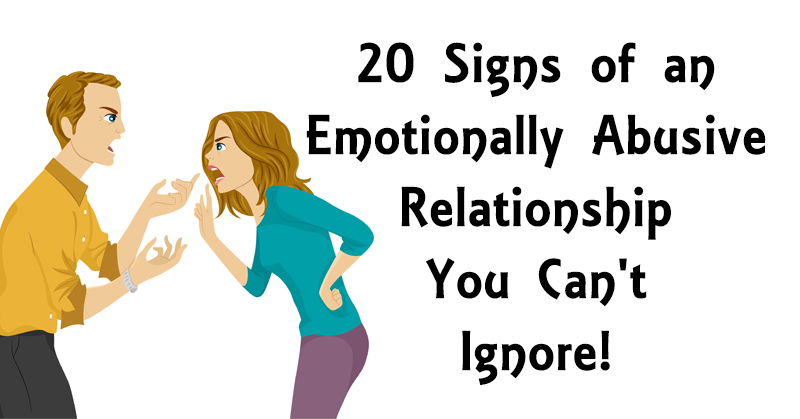 This happens spontaneously, and the partner himself will say that he wants to be alone for a while.
This happens spontaneously, and the partner himself will say that he wants to be alone for a while.
We think we have found love and joyfully prepare to understand, forgive and support
Not so with the manipulator. He stops suddenly and for a long time and will never say why. You must guess for yourself and beg for forgiveness. Although you did not commit visible misconduct and, most likely, you did something that made him feel inferior to you in some way. Such proud silence is just one way to control you.
9. He is very courtesy, and… nothing more than that
— Please help my son with math, I'll be back late today.
— Of course, dear. nine0003
(In the evening everyone greets you in a good mood, but the lessons are not done.)
Pay attention to what your partner says - and what he does. Manipulators are often very charming and at the stage of acquaintance and "seduction" they surround you with royal care.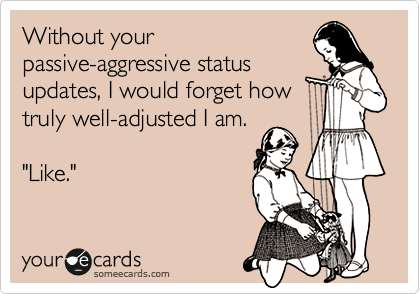 This period, unfortunately, is not long. It doesn't matter for what reason it ended - he got bored, he got everything he planned from you, he got new interests... hurry up. This is repeated dozens of times, and it does not bother him at all. nine0003
This period, unfortunately, is not long. It doesn't matter for what reason it ended - he got bored, he got everything he planned from you, he got new interests... hurry up. This is repeated dozens of times, and it does not bother him at all. nine0003
10. Disobedience will be punished
Every time you break its rules, you will be sure to be informed about it. The wounded ego of the narcissistic personality is very painful, and he will let you feel this pain to the fullest. At first it will be emotional abuse. Which is sure to be followed by reconciliation. But the general pattern is that each new blow will be stronger. In fact, this begins the transition from normal healthy relationships to relationships based on violence. From emotional to verbal abuse. From him to the physical. nine0003
How can you not notice such obvious things, you ask? You can, and it happens all the time.
We think we have found love, and we joyfully prepare to understand, forgive, and support in sorrow and joy.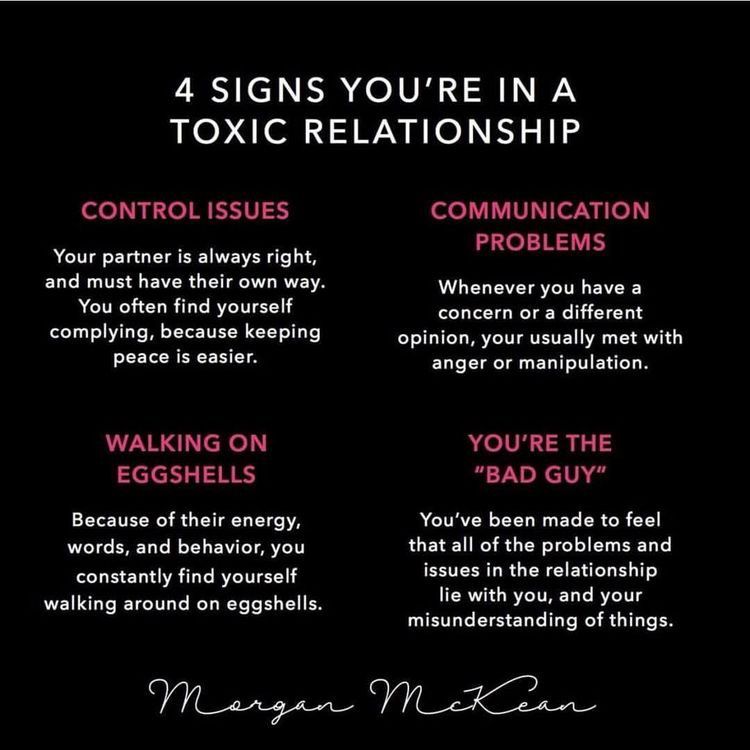 The manipulator, on the other hand, receives a human copy at its disposal, which must be unobtrusively trained to be the way it should be.
The manipulator, on the other hand, receives a human copy at its disposal, which must be unobtrusively trained to be the way it should be.
Try to pay attention to all these signs that indicate a narcissistic person prone to manipulation, even at the stage of acquaintance. After all, all that matters in the long run is your emotional health. nine0003
Text: Maria Malygina
New on the site
“For 15 years I have not found a girlfriend on dating sites”
Joint birth: harm or benefit for relationships?
Where does the fear of death come from and how to overcome it?
Christianity, Islam, Judaism, Buddhism: how religion helps to survive the crisis - 4 opinions about faith, man and meaning nine0003
"Independence is an unconscious choice": psychoanalysts' dialogue about female loneliness
Quiz: What is your weakness in bed?
signs, behavior, what to do - HEROINE
Manipulation is especially difficult to notice in romantic relationships.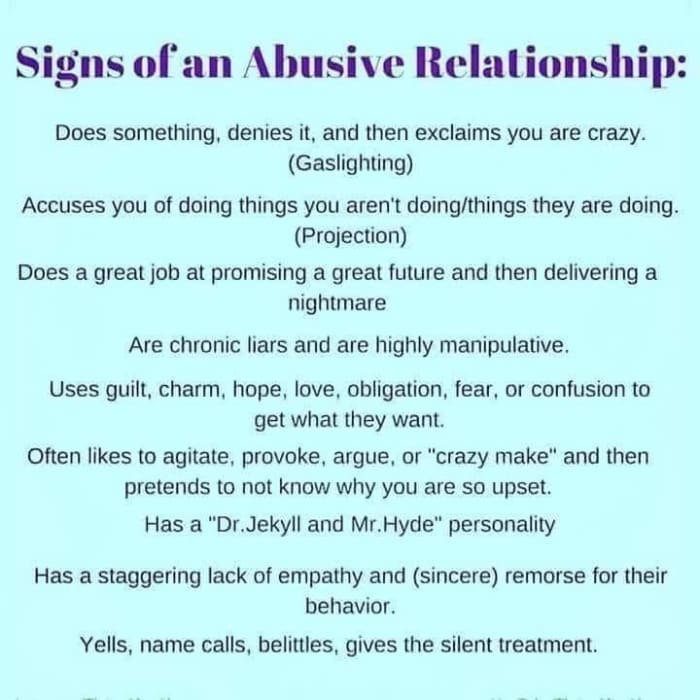 It can be subtle and unconscious or deliberate and aggressive: in any case, such behavior destroys the bond in a couple.
It can be subtle and unconscious or deliberate and aggressive: in any case, such behavior destroys the bond in a couple.
The main thing in a healthy relationship is partnership, but manipulation turns you into enemies, because it is based on deceit. I tried to figure out what manipulative behavior is, how to recognize it in a partner or in myself, and what to do about it. nine0003
Signs of overt unintentional manipulation
Subtle manipulation refers to gestures and intentions that seem harmless but actually create many problems. The person who uses them causes damage without even realizing it.
One of the signs of unintentional manipulation is not saying what you really mean and not showing how you feel. Usually people do this so as not to hurt their partner. But over time, such things break the connection in a pair. nine0003
Why is this manipulation and not courtesy or concern? Because at the heart of such behavior are hidden attempts to get what we want - approval, love, avoiding conflict.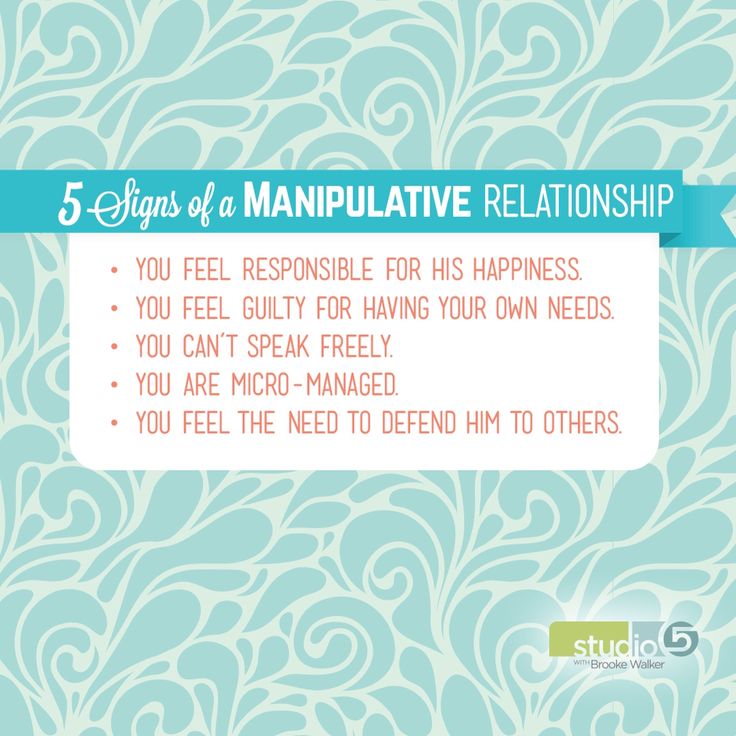 Your own comfort is more important than solving the problem.
Your own comfort is more important than solving the problem.
This behavior is more common than aggressive manipulation, because many do not realize how harmful it is to relationships. The key is to look for signs of unintentional manipulation in yourself or a partner and create the conditions for frank communication. nine0003
Signs of hidden intentional manipulation
Intentional manipulation is more difficult to recognize, because the person understands what he is doing and is trying to confuse you. Here are just a few basic models of manipulative behavior:
- Emotional yo-yo. Its main characteristic is inconsistency. The guy then showers you with caresses and attention, then disappears, behaves distantly or rudely. What looks to you like power surges that are difficult for him to control in himself, is actually a way of manipulation. So the partner develops in you dependence on him. nine0148
- Gaslighting. We have already told you how they can convince you of a lie and make you doubt your own adequacy.
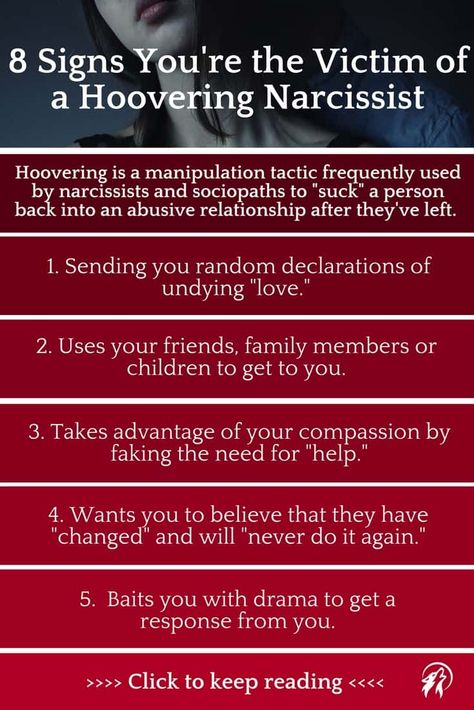 The guy does this in order to develop insecurity in you. You yourself do not understand how this happens: at the beginning of the conversation you catch your partner in an outright lie, and at the end for some reason you apologize. This is one of the most dangerous types of manipulation, but it can also be resisted, and we talked about how to do it.
The guy does this in order to develop insecurity in you. You yourself do not understand how this happens: at the beginning of the conversation you catch your partner in an outright lie, and at the end for some reason you apologize. This is one of the most dangerous types of manipulation, but it can also be resisted, and we talked about how to do it. - Resistance. Silence or ignorance is also the type of manipulation that I hate the most. The guy just stops talking without explaining why. At first you think he had a bad day. By the end of the week, you begin to delve into yourself, remember everything that you said or did before the start of this wordless terrorist act. Like this: without scandals, accusations and any effort, the man made you feel guilty. There can be no objective reasons for such behavior. Does he really believe that the magic power of his silence will unlock psychic abilities in you? There is only one way to make it clear that you have a problem - open your mouth and say it.
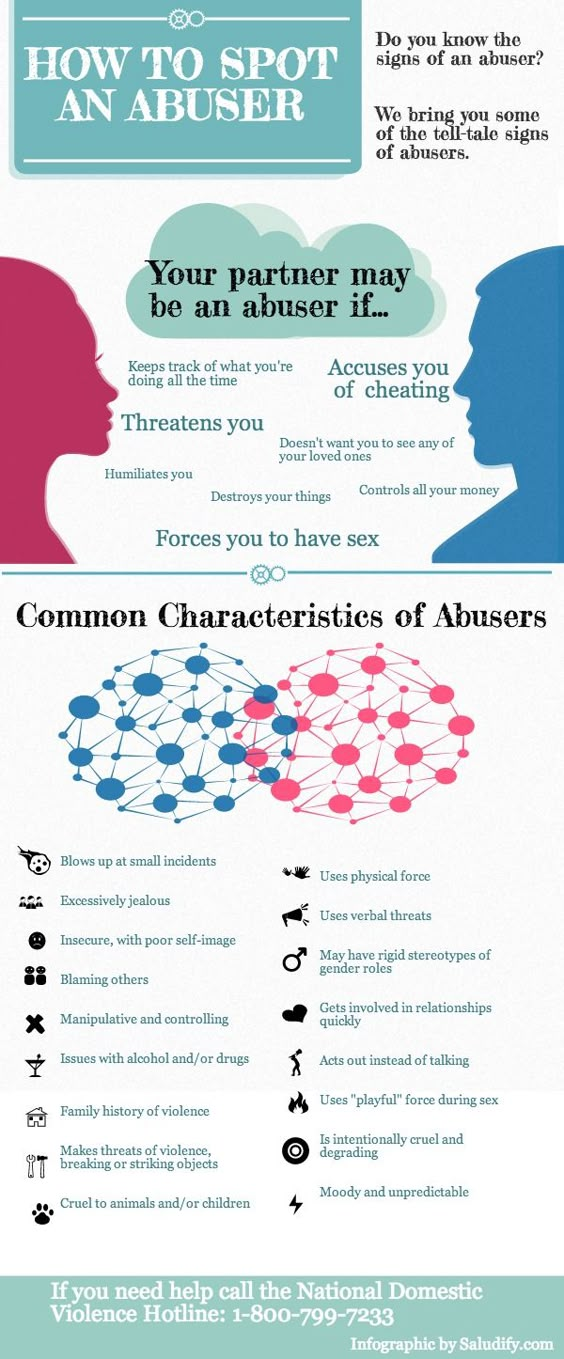 All other attempts to hint are nothing more than manipulation. And the most painful thing about the ignore manipulation is that the guy makes you feel like you don't mean anything. nine0148
All other attempts to hint are nothing more than manipulation. And the most painful thing about the ignore manipulation is that the guy makes you feel like you don't mean anything. nine0148
What to do if you are being manipulated
The best way to recognize manipulation in a relationship with a guy is to be in tune with your intuition. If you can distinguish instinct from fears in your head, you should trust yourself more often.
If you feel that something is going wrong - solve problems immediately, and do not hush them up.
When it comes to aggressive forms of manipulation, each person decides for himself what emotional abuse is for him and where the boundaries of acceptable behavior lie. There are no right and wrong emotions. Tell your partner that you are uncomfortable and watch their reaction. Pay attention not only to his words, but also to his actions - in manipulative behavior, they tend to diverge. If he tries to devalue your feelings or continues to manipulate, you should consider whether you need such love.



